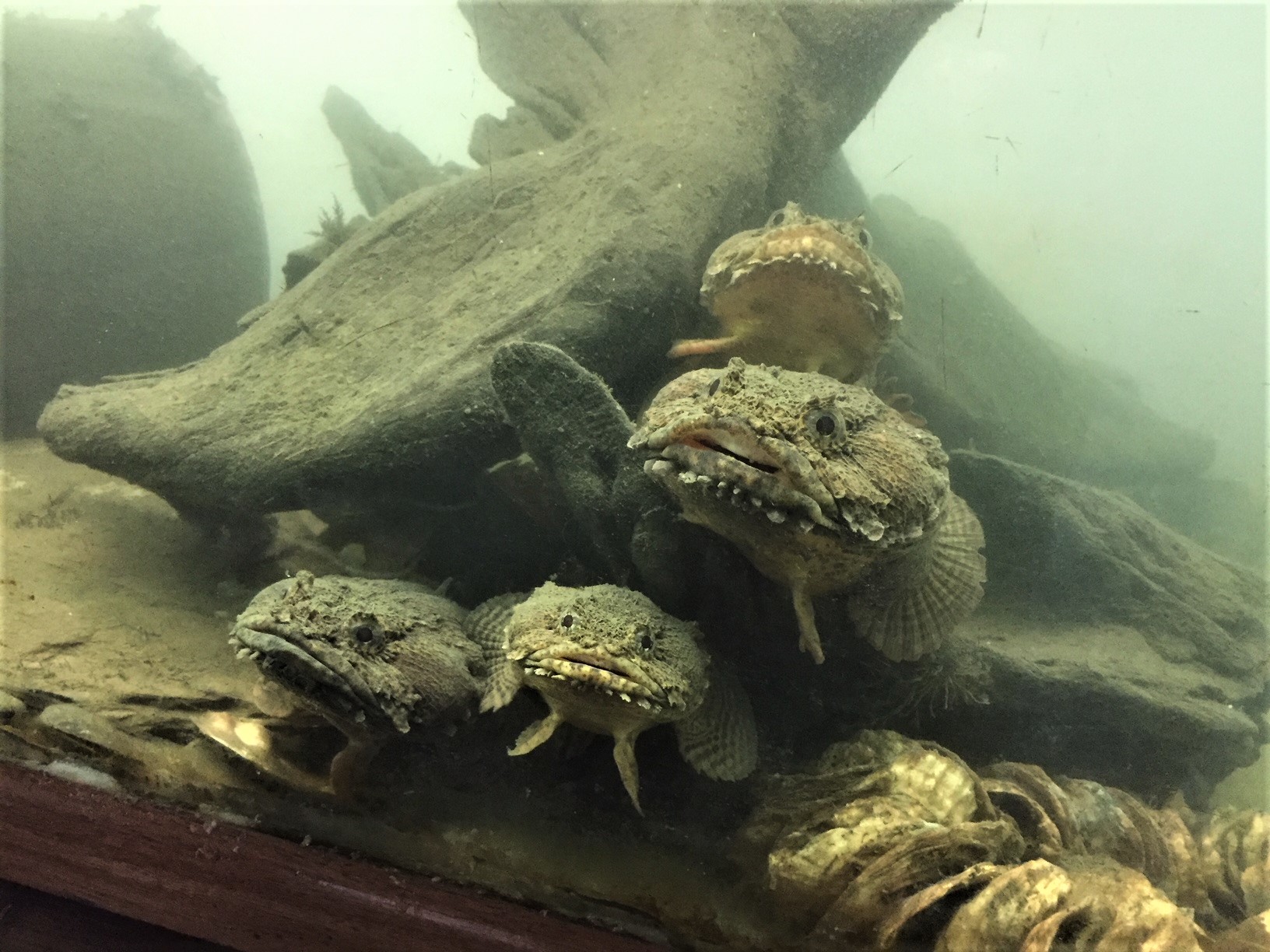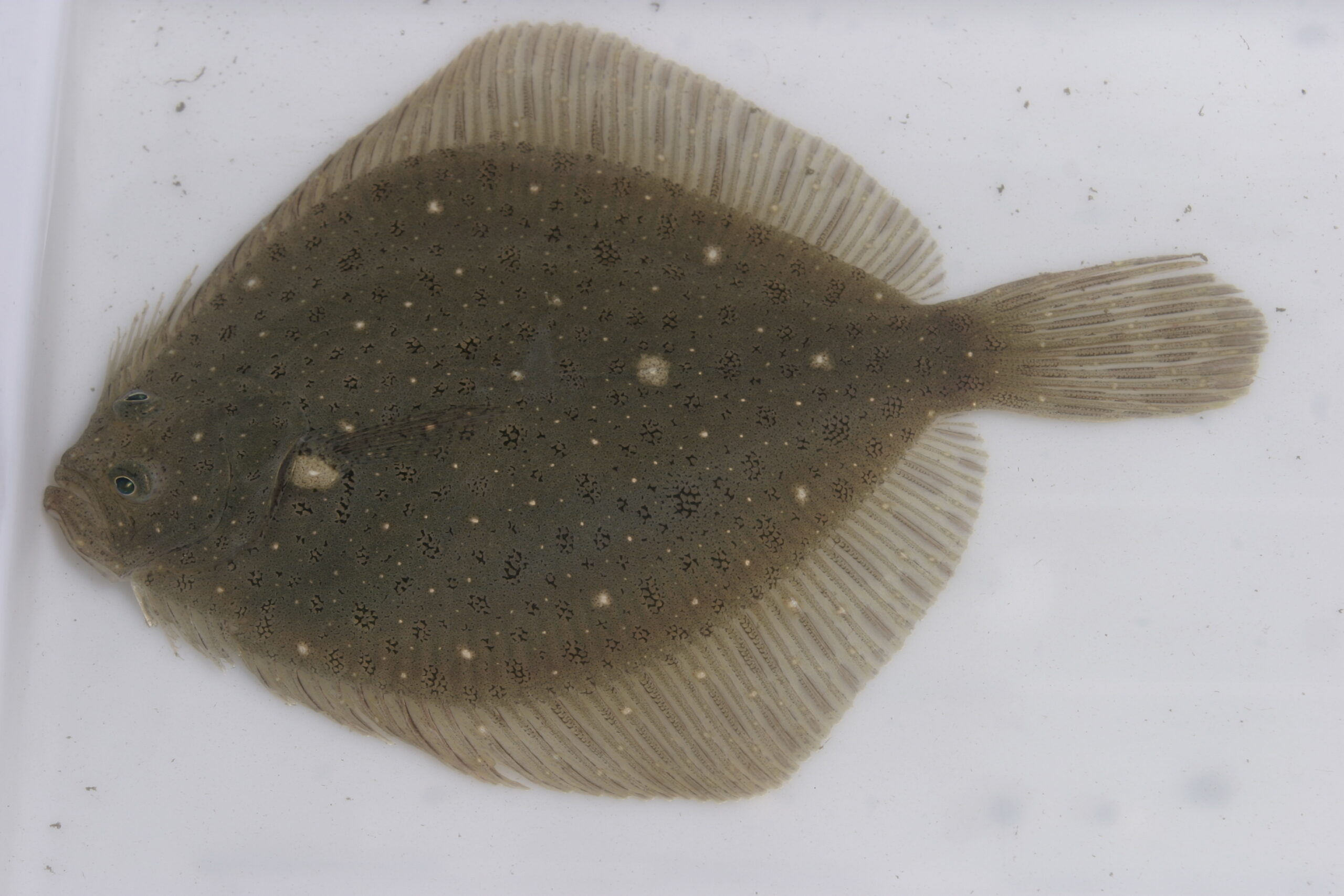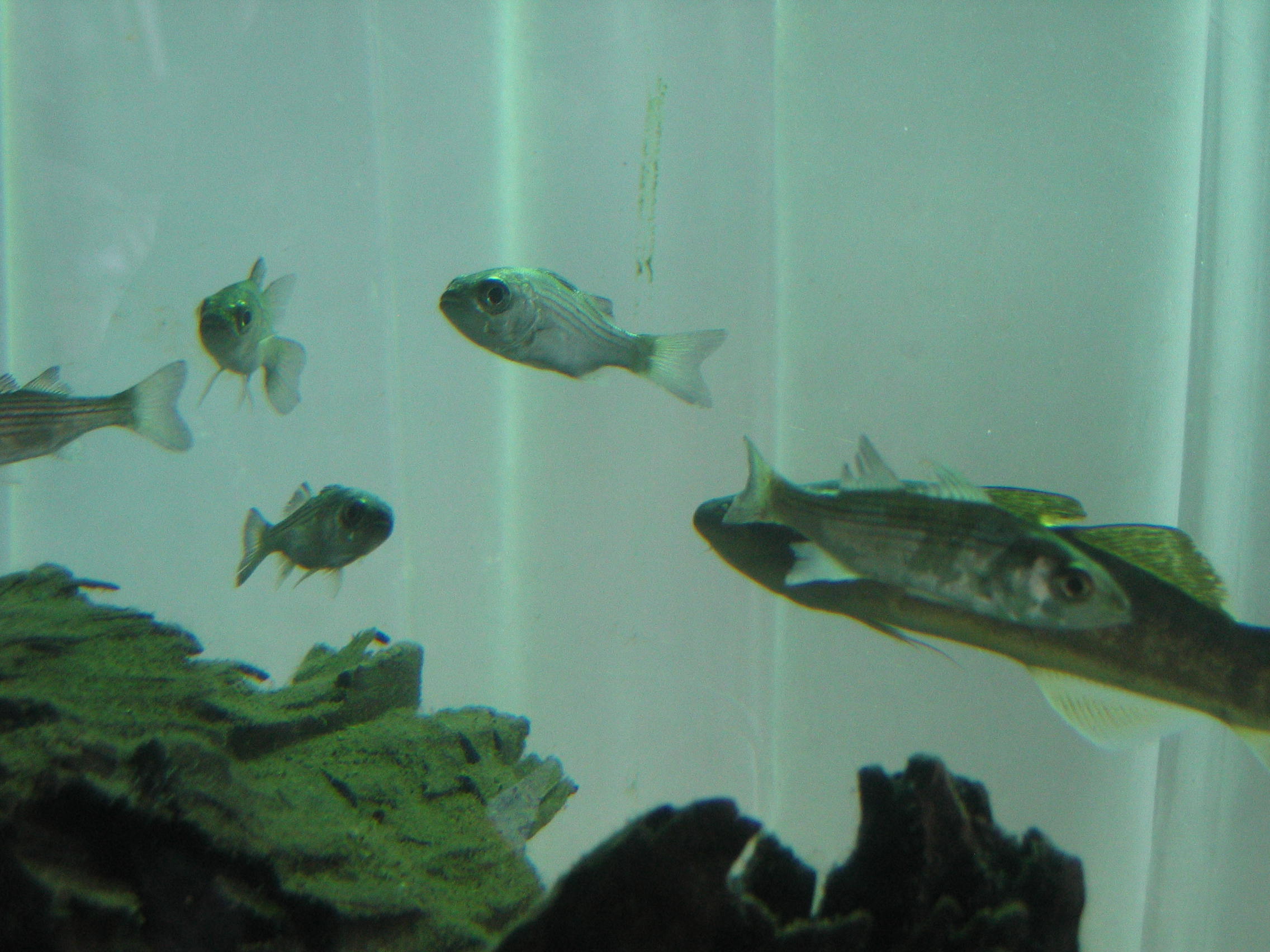Did you know that over 230 species of fish inhabit the Hudson River and its tributaries?
Fish Ecology introduces students to aquatic life in the Hudson River through an interactive fish anatomy lesson, a tour of our Wetlab aquarium and more. This program occurs in the Pier 40 Wetlab, a non-climate controlled indoor space.
This field trip is available to book Tuesdays through Thursdays in September and October.
Program Objectives
- Students will be able to define and identify the ecological significance of an estuary
- Students will be able to identify fish and various other organisms in the Hudson River
- Students will be able to understand adaptations fish use to survive in the Hudson River environment
- Students will be able to understand stewardship practices to support a healthy Hudson River
Program Information
- Student capacity: 30 students per program
- Cost: $200 (waivers available upon demonstration of need)
- Teacher chaperones: One chaperone is required for every 10 students (1:10 ratio) at minimum
Program Activities
- Watershed Geography and Brackish Water Experiment
- Fish Anatomy Lesson
- Wetlab Aquarium Tour
What Teachers Say About the Program
- “The quality of the educators was very high. I loved their professionalism and how they were able to connect with the kids on the topics. They were respectful of the students and their knowledge and were successful in getting details from them to drive the conversations forward.” —3rd Grade Teacher, Bronx
- “My class really enjoyed the program! There was a perfect balance of “sitting down” time and movement to engage children. The content was age-appropriate and presented in an organized and clear way. Thank you so much for a wonderful day! I will definitely return next year and will recommend the program to other teachers in my school.” —4th Grade Teacher, Queens
- “The educators were extremely knowledgeable about fish biology. They presented the information very clearly and allowed students opportunities to engage with the specimens and live marine animals. We saw shrimp, isopod, toadfish, mussel and even a striped bass!” —10th Grade Teacher, Manhattan
- “[HRPK] educators were wonderful. Positive and clear, exciting and structured.” —9th Grade Teacher, Bronx



